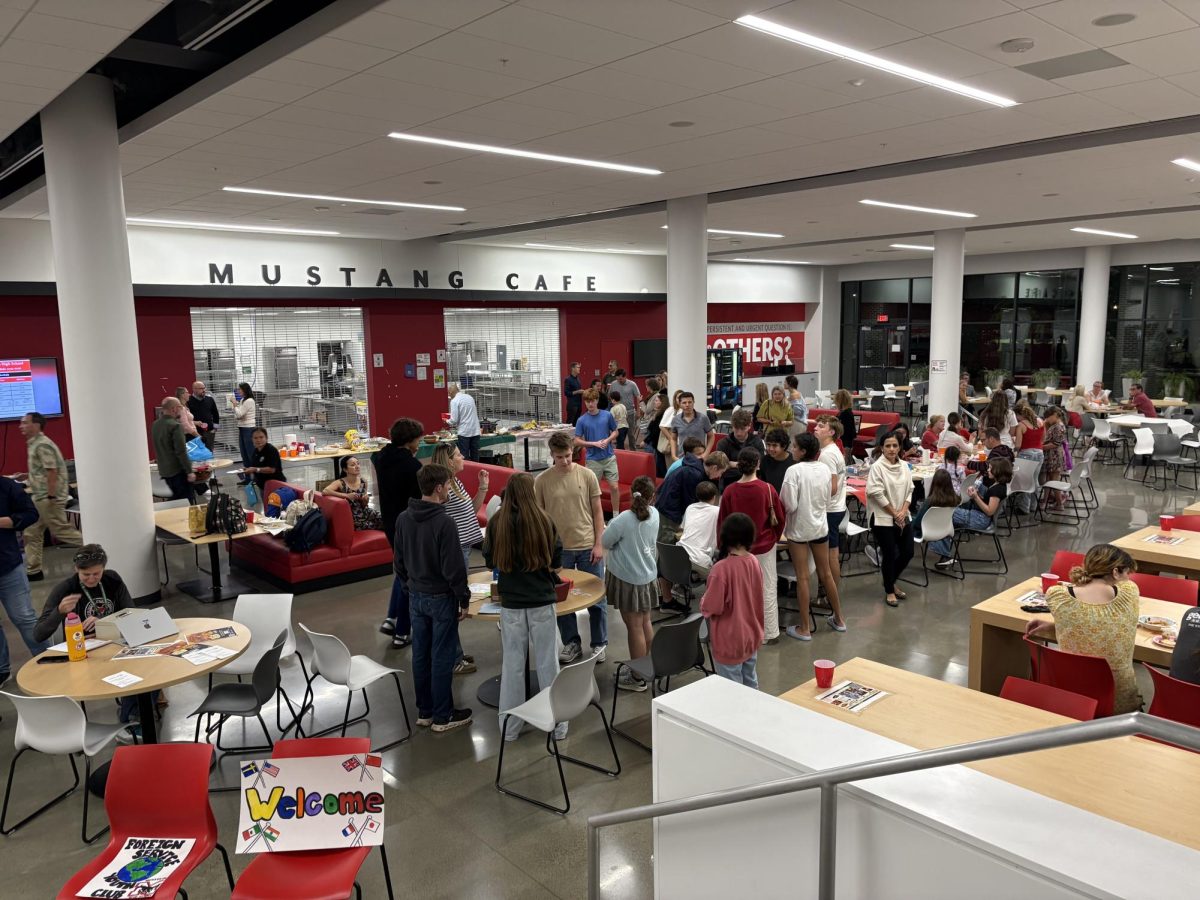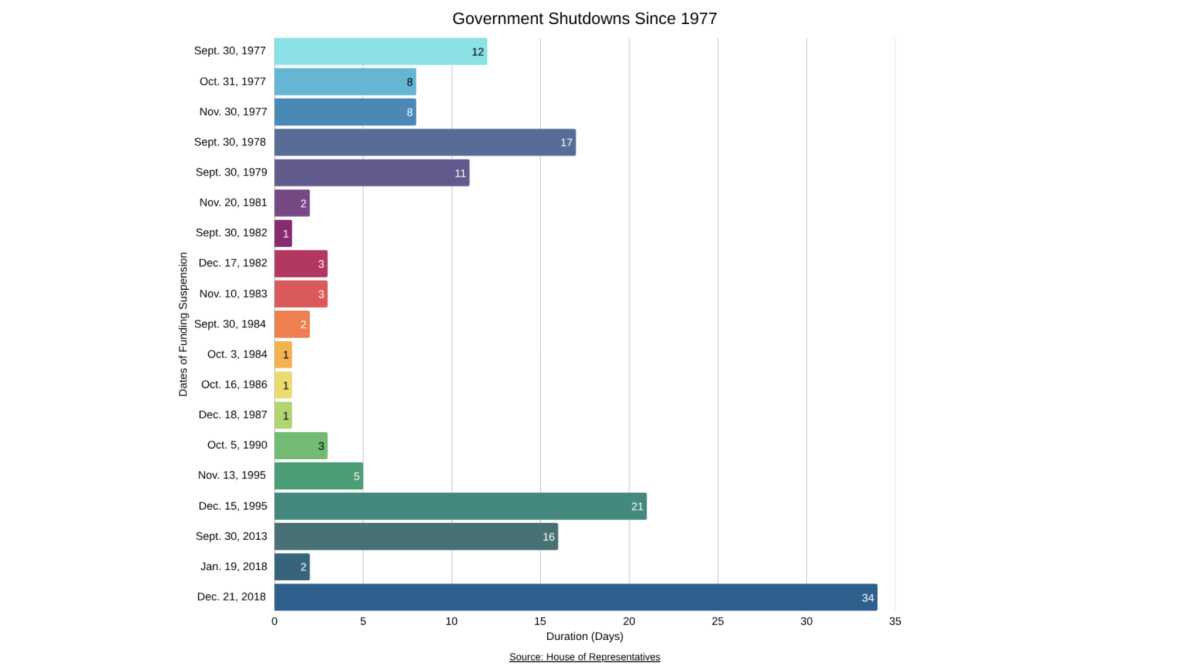Every year, our local government undergoes the task of establishing the following year’s budget. The City Council appropriates the city’s funds, but not before discussions are held with almost every political figure in our city. One of the government establishments with a large stake is our own school system.
Under our current budget, 47 percent of the city’s funds – over 41 million dollars – has been designated for the school system. The school system combines this with other sources of revenue, such as state and federal funds, to create the final sum of money they can use in a given fiscal year. In order to deal with such a large amount of money, the school system must have its own budget, further dividing funds within our schools.
So, where is this process as of right now?
This past December, in a 5-2 decision, the City Council voted to limit the school and city operational budgets to a 2 percent increase in the 2019 fiscal year. To put this into perspective, Falls Church Public Schools (FCCPS) received an average annual increase from the City General Fund of around 4.5 percent each year from the 2014 to 2017 fiscal years. This decision came as a response to taxpayer displeasure to the six cents added to real estate taxes for the planned construction of the new high school.
A few weeks later, on January 9, FCCPS Superintendent Peter Noonan presented his proposed budget. In this request, Noonan asked for a 2.9 percent increase in the city’s school transfer, disregarding the December decision.

The need for this money largely comes from the small increase in projected revenue. Last year, the school had an increase in revenue of 3 million dollars, as opposed to the projected 500,000 dollars for this upcoming financial year. For the first time in many years, revenues received from the state have decreased. This lack of revenue from other sources is helpful to contextualize the proposed 2.9 percent increase for the city’s transfer of funds to the schools.
This 2.9 percent increase would equate to an additional 1.2 million dollars that the city gives to the schools. 1.1 million of this total amount is proposed for a 3 percent cost-of-living increase for all employees. Essentially, this raises the paychecks of all staff with no exceptions. This would help fight the current pay gap found between Falls Church and Arlington, where Arlington County Public School employees make 1.3 percent more*. This works to ensure the proficiency of the future staff.

Superintendent Noonan also proposed an additional 717,000 dollar increase for “new initiatives.” This includes the hiring of new teachers, as well as the purchasing of new school equipment. It is important to note that this amount is a net cost, meaning cuts have also been made.
Noonan claims this proposed budget works to support the Falls Church City Public Schools Triennial Plan. This plan is designed to foster student-centered teaching and learning, excellent staff, optimal facilities and learning environments, fiscal management, and community engagement.
On February 20, after weeks of budget hearings, all seven school board members voted in support of the Superintendent’s proposed budget. This unanimous decision sends the proposed budget along to the City Council, where members must work to balance the proposal with other portions of the overall budget as well.
Chairman of the School Board Lawrence Webb spoke about the budget prior to the vote on February 20, “Seeing some of those parts that we’ve left unfunded for this year definitely gives me pause…but I think that where we are trying to balance the capital projects and operational, I think we have hit the best we can at doing that.”

But the process is far from finished.
On March 12, City Manager Wyatt Shields will present his proposed budget for the city. Following this, with more budget hearings and work sessions, the City Council will finally adopt an official budget for the 2019 fiscal year on April 23. With this information, on May 8, the School Board will adopt its official budget for 2019. A more detailed version of this schedule can be found on the Falls Church City Public Schools website.
*This is an average of the “steps,” or different levels of pay, offered by both FCCPS and Arlington County Schools.
Note from the writer: Just like the politicians in Washington D.C., our local government officials must struggle with finding the balance between providing government services and wasting taxpayers money. However, if you are passionate about this subject, you can help relieve this stress by providing your opinion at public hearings held about the budget. Alternatively, you can go and listen to the budget hearings and work sessions, conducting your civil responsibility to be an educated and active member in politics. Regardless, the formation of the budget is crucial, and above all, it is important that you involve yourself in it.









